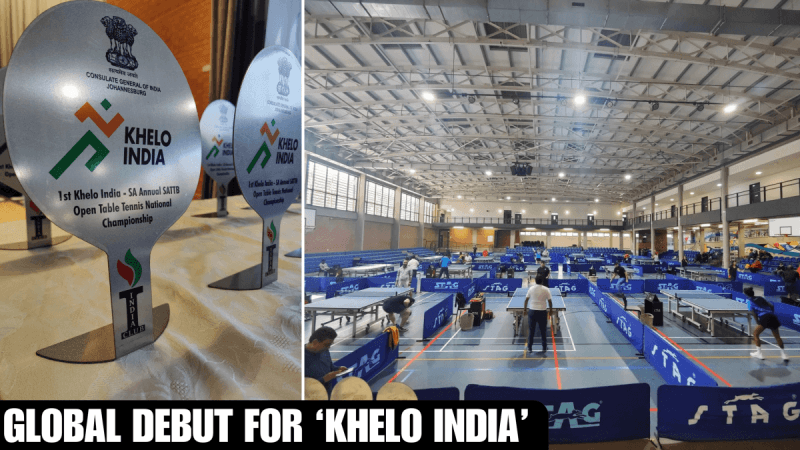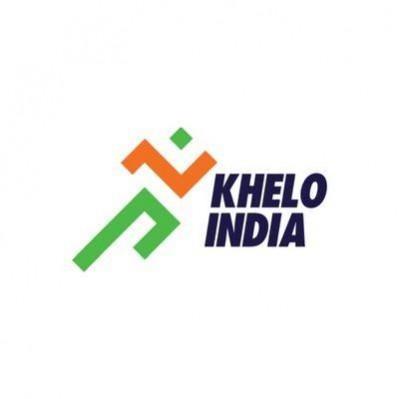
In a significant milestone for India's global sports outreach, the first phase of the Khelo India initiative was held outside the country and concluded successfully in South Africa. The two-week-long event united South African and Indian expatriates through competitions in volleyball, badminton, table tennis, and chess.
Prime Minister Narendra Modi's vision for Khelo India, which was launched in 2017 to promote sports across India, has now taken an international leap. The event in South Africa is seen as a testament to sports diplomacy, with the initiative aiming to bring people together through athletic engagement.
"Prime Minister Modi is the driving force behind this initiative," said South African table tennis player Revaldo Wilson. "Sports is powerful, and we enjoyed playing with our Indian brothers."
The Khelo India event was co-hosted by the India Club and the Consulate General of India in Johannesburg. Manish Gupta, Chairman of the India Club, highlighted the collaboration between local South African associations and various Indian organizations.
"We gladly accepted Consul General Mahesh Kumar's request to coordinate the event. We brought in a number of Indian expatriate organizations, ensuring inclusivity across the board," Gupta said.
The tournament saw the South African Tamil Association managing the volleyball competition, while the Gauteng Malayalee Association oversaw badminton. Chess and table tennis were coordinated with local bodies like Chess South Africa and the South African Table Tennis Board. Gupta added that the chess event had international grading, while the table tennis competition was a national championship-level event, attracting top-tier players, including South Africa's six-time national champion.

Consul General Mahesh Kumar praised the spirit of the event, emphasizing that Khelo India transcends national borders. "Sport unites people in ways that nothing else can. By hosting the first Khelo India games abroad in South Africa, we are building on the special relationship between our two nations. The support from both the Indian diaspora and local South Africans has been overwhelming," Kumar said.
Kumar also mentioned that participants travelled from neighbouring countries such as Lesotho and Zimbabwe, further highlighting the unifying power of sports.
"This event brings non-mainstream sports into the limelight. We hope it grows into an international movement, perhaps even evolving into an event similar to the Commonwealth or Asian Games," Kumar added.
While the first phase of the event has concluded, more traditional Indian games such as kabaddi, kho kho, carrom, and satoliya/lagori will be featured in the second phase, scheduled for December 2024 to January 2025. These games aim to introduce Indian cultural sports to a wider audience in South Africa.
The event not only created a platform for Indian expatriates but also strengthened bonds with the local South African community. Gupta noted that each sport was organized in collaboration with local partners, ensuring a strong foundation for future events. For example, the volleyball competition was supported by the South African Masters Volleyball Association, and the chess tournament by Chess South Africa and the Johannesburg Metro Chess bodies.








